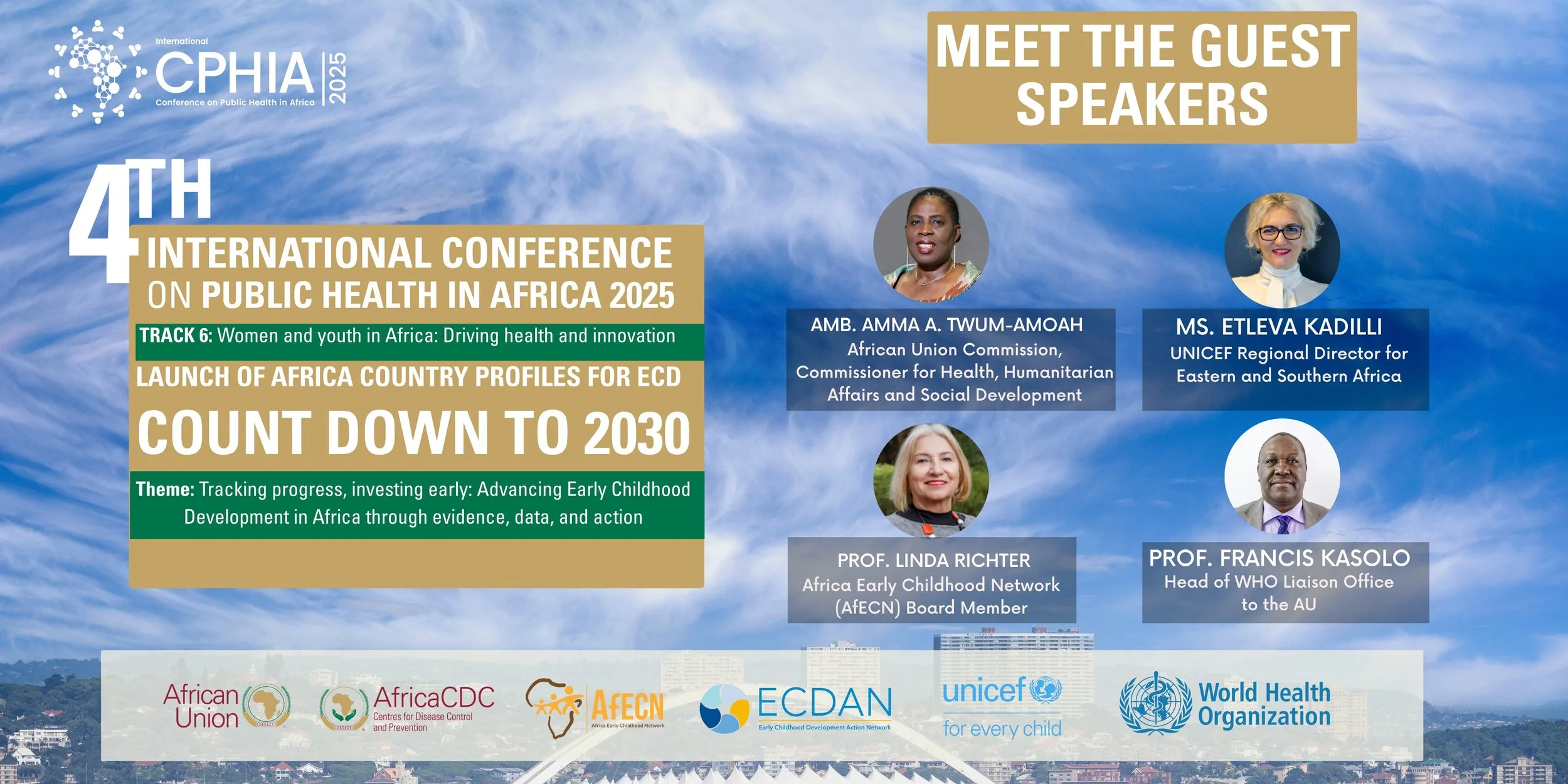March 19, 2020
We all stand together during these difficult times. Some live in countries in the middle of the pandemic, others live in countries where the pandemic may be in an earlier stage. Hopefully preparedness and response systems are well underway.
People who work on behalf of young children and families are a very giving and “can do” group. Because many of you work with families every day, you understand the conditions they face, particularly during times of economic and social stress. This makes your role in this current crisis even more important.
Yet things seem to be changing fast; nothing seems the same as it was even last week. Like so many you may wake up every day and wonder, “What do I do now? How can I protect my own family? What else can I do to make a difference? What can I do to support families and promote nurturing care?”
There are no easy answers here and no simple solutions. But we can renew our commitment to:
Staying healthy- The messages about staying healthy are everywhere- from washing hands to social distancing. These actions are not just for our personal well-being but are acts of social solidarity. When you safeguard your own health -- both physically and emotionally -- you are contributing to a healthier and safer world.
Protecting Children- In an emergency, all children, and particularly young children are at risk. They are at risk for being left unattended, left in crowded conditions, with lack of access to clean water and sanitation, health care and adequate nutrition. Emergency preparedness means helping to find safe places for children in the community, working across sectors and giving voice to the conditions that children are experiencing.
Supporting Families- We all know that child wellbeing is directly related to the wellbeing of their family. The conditions of the caregivers either enable nurturing care or can undermine it. In our field, we value families and communities. We know it is the local community organizations, civic and faith based groups that provide the social fabric that helps enable families to support their children. These are the exact organizations that need resources and encouragement.
Speaking out- Now is the time to find your voice. It is a time for government investments to support families and protect children. Where the public sector was not providing such support before, they need to do it now. Where there are disruptions in schools, child care, family income and social safety nets, advocates for children have to document those needs and continue to stand up in a very visible way for the rights of children to safety and security.
Finally, you may be spending more and more time helping others and feeling a lot of stress yourself. During times of crises, when things seem particularly difficult, we all have to find something positive to think about during the day: reflect on a good memory or look at a beautiful picture, listen to a favorite song, or walk in the sunshine.
While we can’t hold hands right now, we can get up each day and keep moving forward. We can give voice to the needs of children, families and the communities we love. The bottom line is that we are all in this together.
- A reflection by Joan Lombardi, PhD, an international expert on Child and Family Policy












